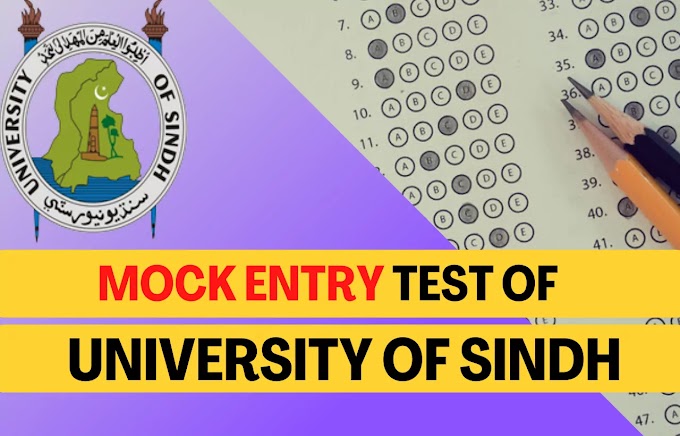Writing your thesis is one of the most significant experiences you will face. If you are obtaining a Master's degree. It is necessary to understand the proper length of a Master's thesis as it is a vital component of your academic path. In today’s article, we are going to analyze the elements that determine the ideal length of a Master's thesis and also provide a helpful guide for graduate students aiming to write an excellent and properly sized thesis.
1- Understand the value of Master’s thesis length:
Before discussing it in detail, it is
crucial to learn the relevance of the length of your master’s thesis. You
should be aware that the length of your thesis can have an impact on focus,
clarity, and overall quality. As well, it demonstrates your ability to convey
your ideas and your academic proficiency. The length of a master’s thesis plays
an important factor because it allows students to explore fully their research
and capable to demonstrate their capacity to interact with academic literature,
analyze data, and substantially present their findings.
2- Factors that influence the length of a master’s thesis:
The appropriate length of your
master’s thesis is determined by several factors. We will explore those factors
in this section:
2.1 University Guidelines
The very first factor is to become
acquainted with the guidelines of your university. Because the length of a thesis
may vary from institution to institution. The maximum and minimum word count is
usually provided by universities, while some of them specify the number of
chapters and pages. Acting upon these guidelines ensures that your thesis is
matched with the academic standard specified by your institution.
2.2 Field of Study and Discipline:
The length of a master's thesis also
depends upon your field of study and discipline. Let's take an example that
theses of technical and scientific disciplines may contain longer theses
because of the inclusion of detailed analysis, research, and data. And if we
talk about social science and humanities theses may be relatively shorter and
emphasizes theoretical frameworks and critical analysis.
2.3 Research depth and scope:
The length of your master's thesis can
also be determined by the depth and scope of your research. A thesis that uses
profound data analysis or employs a wide range of topics will naturally be
lengthier. On the other hand, concise research and more focused question may
produce a shorter thesis.
2.4 Data Collection and Methodology:
The collection of data and
methodologies also impact the length of your master's thesis. A comprehensive
thesis may produce from surveys, interviews, primary research, or experiments,
whereas a shorter-length thesis may come from secondary data analysis.
3- Find the perfect balance between length and quality:
It cannot be denied to meet the required length of a thesis but at the same time, quality should never be compromised. The objective is not only to write words to meet word requirements but an insightful, coherent, and well-structured should also be focused. Prioritizing quality over quantity will show your academic dedication and proficiency in your research.
4- Tips and Guidelines to optimize the length of your Master’s thesis:
After understanding the factor which
influences the length of a Master's thesis. In this section, we will explore
the tip to optimize the length without compromising the essence of your
research.
4.1 Refining of your research Questions:
The very first thing to optimize your
master's thesis is to ensure that your research must be concise and focused.
This will assist you to avoid pointless diversion and keep your thesis focused.
4.2 Selective Literature Review:
It is important to evaluate your
literature review thoroughly. For this, you have to be selective and include
only the most related information and sources that directly link with your
research.
Read also: How to apply the theory of Deconstruction.
4.3 Organizing your content:
A well-defined thesis makes your
arguments more easy and cogent to understand, and it will also ultimately improve
the quality of your research.
4.4 Use clear and simple language:
It is a must for the optimization of
your master's thesis that you should avoid excessive idioms or unneeded complex
language. For proper communication, you must use concise and clear language to
present your views effectively.
4.5 Get Feedback:
You must consult with your professors
and classmates to get feedback regarding your master's thesis. Because their
feedback will assist you to identify spots where you either shorten or lengthen
your content.
Conclusion:
Thus, we can conclude that the length
of your master’s thesis is determined by various elements including discipline,
university guidelines, methodology, and scope of research. So, it is important
to meet the required length of your master’s thesis, but at the same time, you remember
to manage the quality and charm of your research. You can create an adequately sized
and well-crafted thesis by finding the right balance. A point must be noted
that the length of your master’s thesis is the reflection of both your academic
abilities and your ability to communicate your research effectively.





